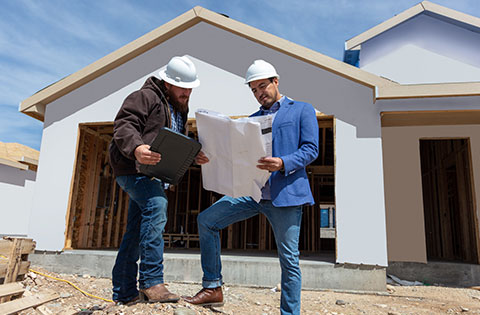Watch the live webcast of the International Code Council's Committee Action Hearings for Group A Codes.


Building Confidence,
Building Community
Our mission is to provide the information, tools, and resources that members rely on, building safety professionals turn to, and the public trusts.
Learn MoreICC Newsfeed
News
-
Committee Action Hearings Webcasts – Group A #1 -
Registration Now Open for Preeminent Annual Building Safety Event Registration is now open for the International Code Council’s Annual Conference, Expo and Hearings to be held in Long Beach, California, from October 20-31, 2024.
Videos
-
March 5, 2024
IBS/KBIS 2024 -
February 29, 2024
Global Membership Council Governing Committee Meeting -
February 8, 2024
كود البناء نظرة عامة
Events
-
April 22, 2024
Women Leaders in Code (WLCE) 2024 Symposium -
April 22, 2024 @ 9:00 am
2021 Property Maintenance and Housing Inspector 64 Certification Test Academy (Live in Person) -
April 23, 2024 @ 10:00 am
ICCPC Meeting -
April 24, 2024 @ 11:00 am
Real World Examples to Provide Fire Rated Assemblies Using Approved Methods -
April 25, 2024 @ 3:00 pm
Empowering Regulators through Risk-based Building Classification Guideline

Live Chat















